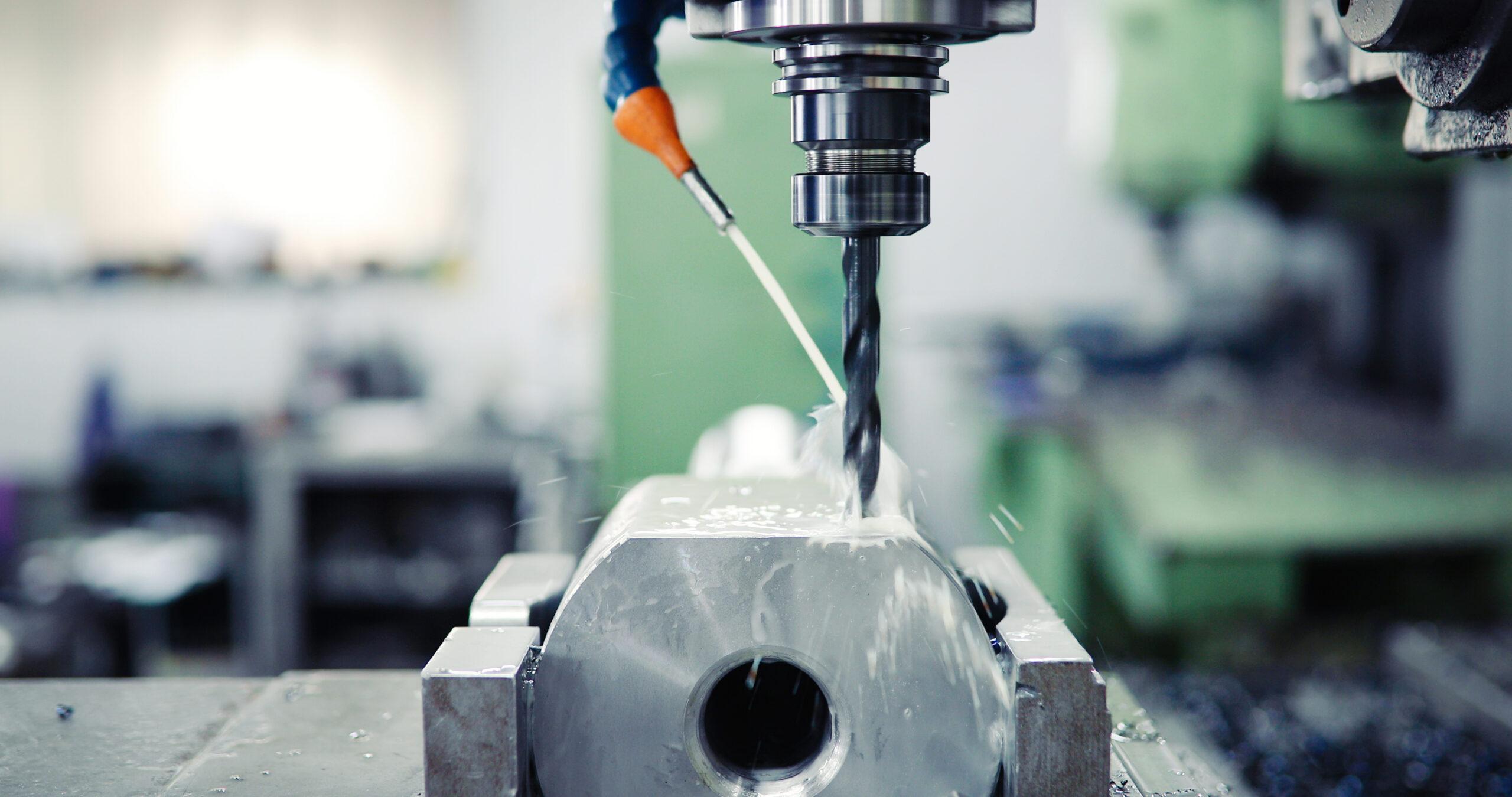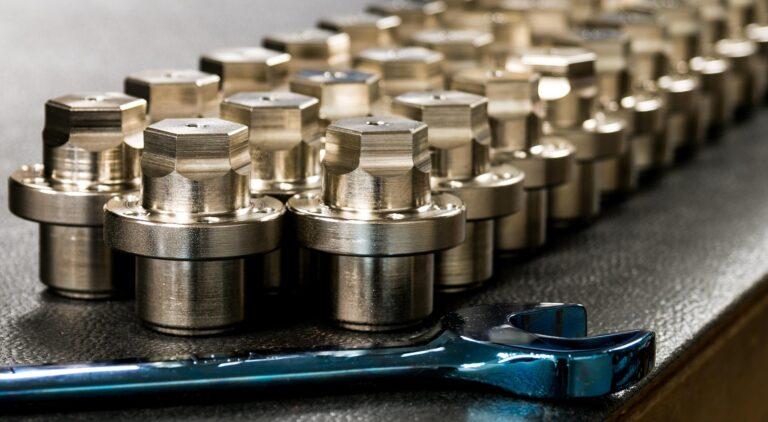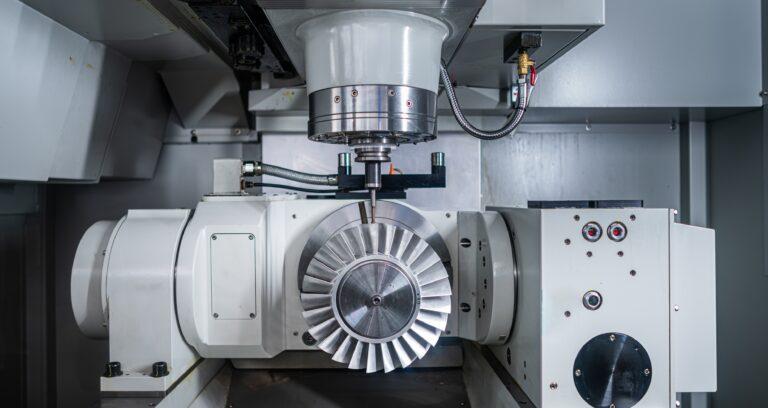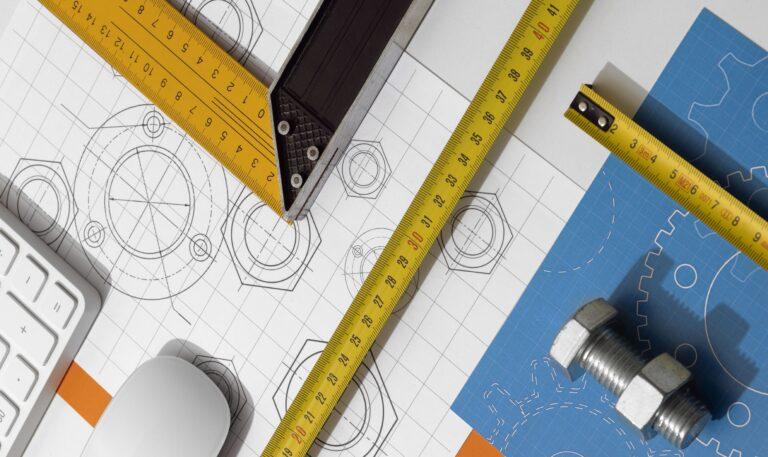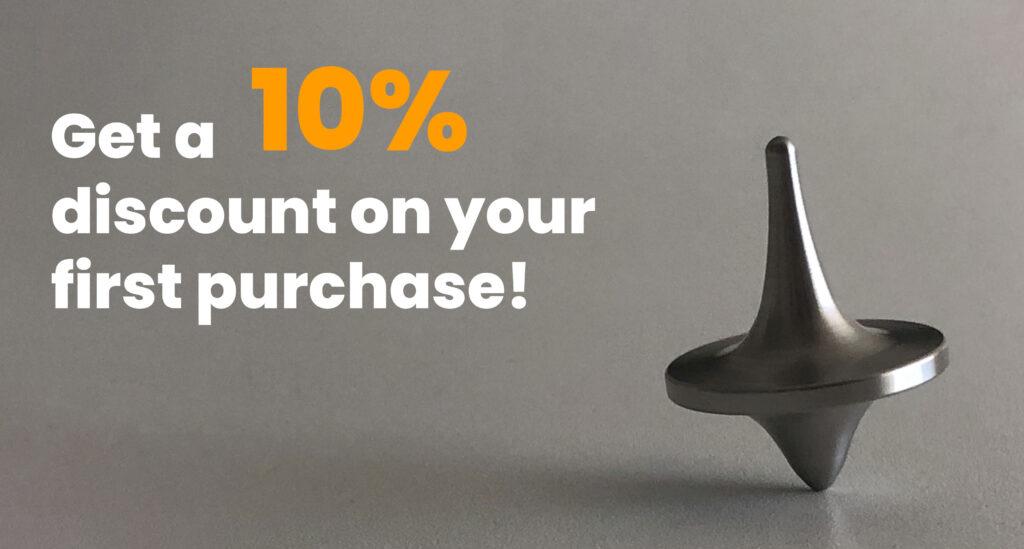CNC machining is a process used to shape and create precise parts for a wide variety of industrial applications. To achieve high quality and precision parts, it is essential to choose the right material for machining. In this article, we explore the different types of materials available for CNC machining, their characteristics and mechanical properties to help you select the right material for your needs.
In general, materials for machining fall into two main categories: metals and plastics. Metals are a popular choice due to their strength and durability, while plastics are often chosen for their ability to be molded into complicated shapes and cost, which is usually lower. Both types of materials have advantages and disadvantages, so it is important to select the right one for the job at hand.
Tensile strength, hardness and toughness are mechanical properties to be considered. Tensile strength refers to the material’s ability to withstand loads without deforming or breaking. Hardness refers to the material’s resistance to scratching or penetration, and toughness refers to the material’s ability to resist fracture under tension.
Materials most commonly used for CNC machining
The most common types of materials used for CNC machining are alloys, stainless steel and aluminum. Alloys are a mixture of two or more metals and can vary in properties depending on the metals of which they are composed. In the case of aluminum alloys, they are lightweight and corrosion resistant, making them ideal for applications where low weight and weather resistance are required. Titanium alloys are lightweight and resistant to high temperatures, making them ideal for application in the aerospace industry.
Stainless steel is a popular material for CNC machining due to its durability and corrosion resistance. Stainless steel is an alloy of iron, chromium and nickel, which gives it excellent resistance to corrosion in humid and saline environments. It is easy to clean and maintain, making it ideal for applications in the food and pharmaceutical industries.
Aluminum is a commonly used material in CNC machining due to its low weight and excellent thermal conductivity. It is also corrosion resistant and easy to machine. However, aluminum is relatively soft and can be easily scratched or deformed, making it less suitable for high-strength applications.
The choice of material at Proto&Go!
It is important to consider the specific characteristics of the material to ensure that it is suitable for the application in question. For example, magnesium alloys are light and resistant, but they are also flammable and can be difficult to machine. Copper alloys are corrosion resistant and have good electrical conductivity, but they are also difficult to machine and can be expensive.
Choosing the right material is a crucial step in the CNC machining process. As we have seen, different materials have their own advantages and disadvantages, and the right choice will ultimately depend on the specific needs of your project. In this context, it is essential to highlight the importance of having partners with extensive experience in the field of CNC machining, such as Proto&Go!.
Our expertise in manufacturing precise parts and its ability to work with a wide range of materials, including metals and plastics, makes them a valuable resource for those seeking excellence in the production of machined parts.
For more information you can visit our list of materials.
What are you waiting for? Request your quote and receive it in less than 24 hours!

